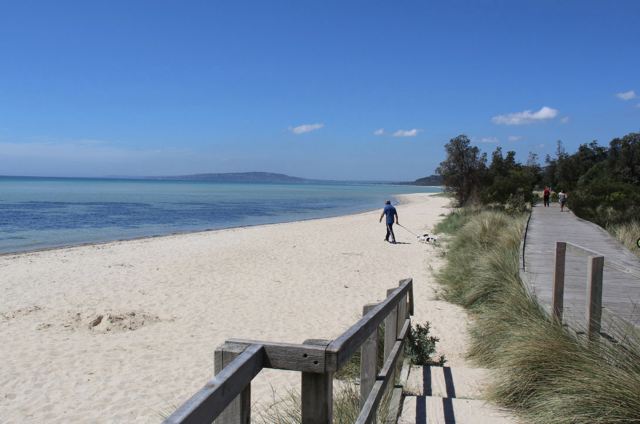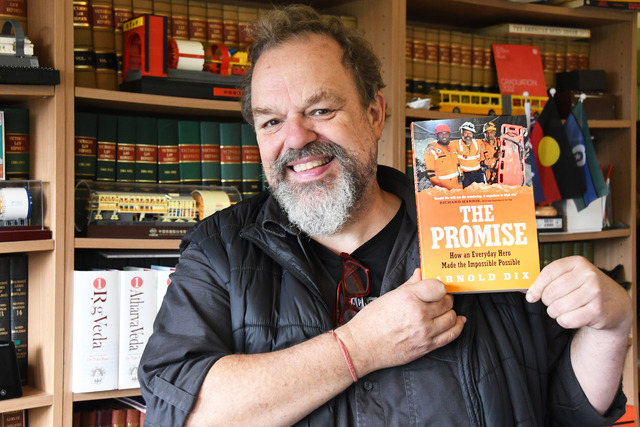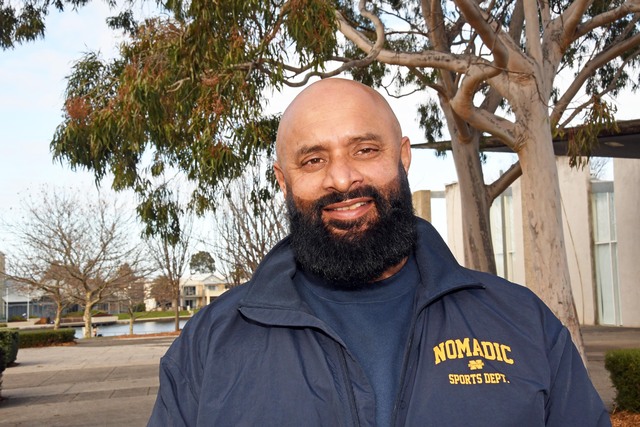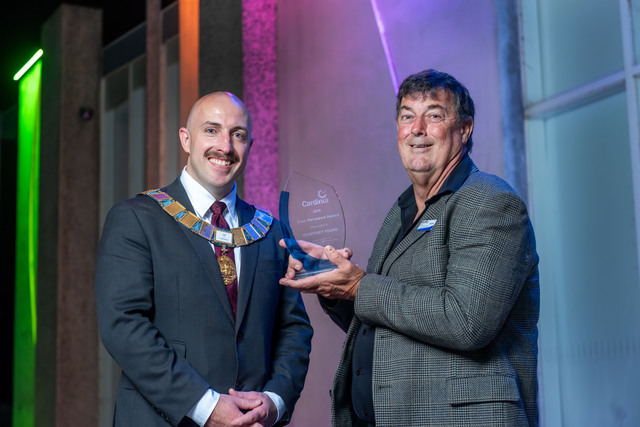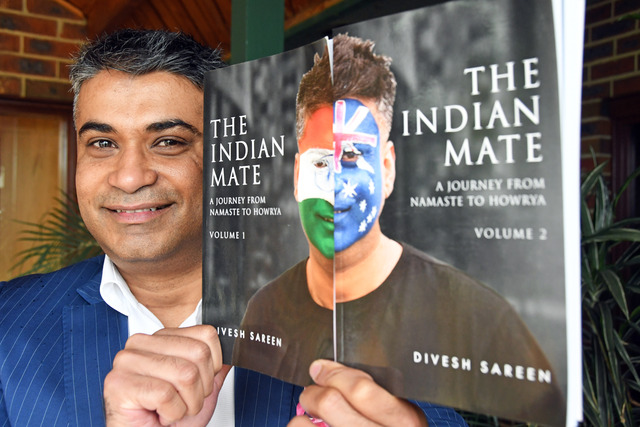The Western Port Biosphere Reserve has successfully retained UNESCO status for the next decade, reconfirming Western Port’s status as south-eastern Australia’s only member of its international network of 748 biospheres.
Recognised by the United Nations for the uniqueness and importance of its biodiversity, the status acknowledges the progress and aspirations of the Western Port Biosphere Reserve Foundation and its stakeholders and communities to advocate and protect its unique natural attributes for future generations.
This comes on the back of the announcement by the Victorian Government of its $1.2 million investment in marine ecosystems and blue carbon via the foundation and the Bunurong Aboriginal Land Council.
Foundation CEO Mel Barker said UNESCO’s renewal after a rigorous review moved the Western Port Biosphere Reserve into its third decade as a UNESCO World Biosphere Reserve Network member.
“This is fantastic recognition of the collaboration of our many partners and communities to ensure the future of the habitats, biodiversity and communities that make this one of Australia’s most attractive places to live, work and play,” she said.
In its confirmation letter, UNESCO congratulated and commended the effective actions and programs implemented to ensure the future of the reserve, specifically:
– Increased recognition of Traditional Custodians of Country;
– Mapping, restoration and creation of blue carbon ecosystems (in partnership with Deakin University’s Blue Carbon Lab and supported by seven local councils) for climate mitigation;
– The successful campaign (led by ‘Save Westernport’) to prevent the AGL installation of the gas port terminal at Crib Point;
– Increased research efforts in partnership with leading universities (e.g. bryozoan reefs with Latrobe University);
– The federally funded ‘Growing Connections’ program to work with communities and partners to monitor biodiversity across the reserve; and
– Establishment of a Council Liaison Committee to engage and coordinate with local government.
Ms Barker said a major focus for UNESCO was the development and implementation of management plans for its network of biosphere reserves, and the international body had noted some future challenges for the reserve.
“Western Port is a critical economic and environmental asset for Victoria and it needs an overarching strategic plan to provide a road map for its effective management.
“A primary goal for us is to advocate for and partner with government and other stakeholders to develop a Strategic Framework for Western Port.
“Western Port, with its internationally acclaimed Ramsar wetlands, annual population of thousands of migratory birds, tracts of natural woodlands and waterways and its unique marine environment needs to be given equal recognition to neighbouring Port Phillip Bay, which at least has a management plan.
“A strategic plan will be essential to effectively dealing with multiple challenges and pressures within the reserve brought about by the planned transition to renewable energy and hydrogen production, the potential impacts of mining, agricultural and residential development and societal impacts such as waste management and recreational activities.
“It would provide a framework for more informed and better decision making, with benefits and efficiencies flowing to government planners, business and communities as well as the environment,” she said.
The Western Port Biosphere Reserve Foundation’s role will continue to be in providing evidence-based analysis, advocacy and project initiatives for the protection and management of natural ecosystems in sympathy with the health and aspirations of the communities within it.

